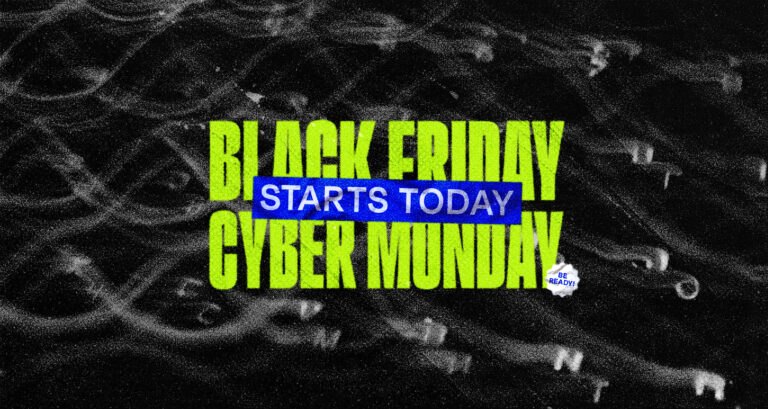Often seen as the official kickoff to the holiday shopping season, Black Friday falls on the day after the U.S. holiday of Thanksgiving. Over the years, it has grown into a global phenomenon, signifying a day of significant sales, consumer excitement, and one of the busiest shopping days of the year. But what is Black Friday, and how did it get its name? Let’s delve into its history and significance.
Where the weird name came from
What a dramatic name, right? The term “Black Friday” is believed to have originated in Philadelphia in the 1960s. The phrase was initially used by police officers to describe the heavy pedestrian and vehicular traffic that overwhelmed the city on the day after Thanksgiving. Now it has a more positive spin. Retailers redefined “Black Friday” as the day when their annual accounts went from “red” (loss) to “black” (profit).
It wasn’t a nationwide shopping event until the late 1980s and early 1990s. Around then it became a central fixture of American consumer culture. As all things in consumerism, it took on a life of its own. Have you ever seen those videos of people storing the doors of a department store to get first dibs on the deals? Yeah, that’s Black Friday.
It’s no longer an American-only phenomenon
Now, the phenomenon is global. Retailers in countries such as Canada, the UK, Australia, and even across Europe and Asia, have adopted the day as a major sales event. The prominence of ecommerce has further internationalized the holiday, allowing shoppers from all corners of the globe to snag deals without leaving their homes.
How it impacts ecommerce
Around 2005 (thereabouts), the shopping patterns shifted online, with the introduction of Cyber Monday. Cyber Monday is a day dedicated to online sales following the Thanksgiving weekend. However, the boundary between Black Friday and Cyber Monday has blurred over the years.
In 2022, for instance, around 87.2 million consumers shopped online during the sale. This transition to digital platforms reflects the broader trend of increased online shopping, offering convenience and variety that brick-and-mortar stores often can’t match.
It’s a very important day for shopping
The holiday holds immense significance for both consumers and retailers. For consumers, it’s a chance to secure deals on everything from clothing and electronics to toys and appliances. For retailers, it offers the opportunity to boost sales, clear out inventory, and build momentum for the holiday season.
The takeaway
From its beginnings as a busy post-Thanksgiving day to its current status as a global shopping event, the day has become synonymous with bargain hunting and the beginning of the holiday shopping season. Both online and brick and mortar stores can benefit greatly from taking advantage of the sales opportunities that the holiday presents. Is your store ready for this year?



